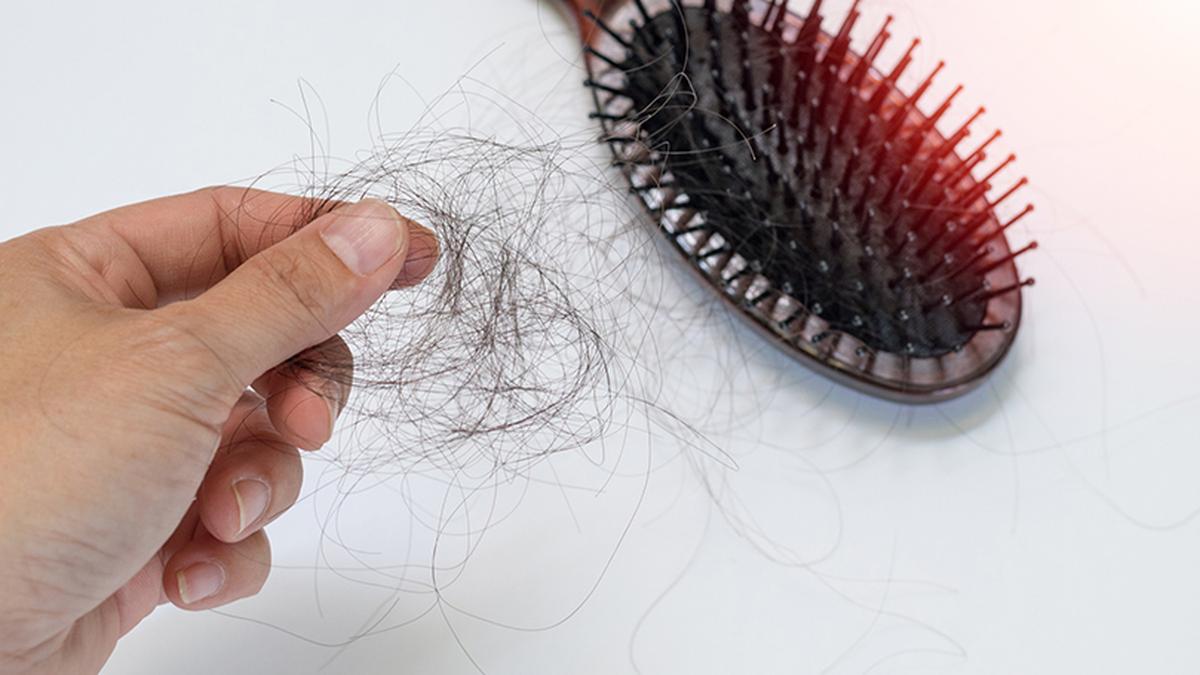By The Hindu Bureau
Copyright thehindu

A research collaboration among Kerala University, Dr. D.Y. Patil Medical College, Pune; and the University of Wisconsin-Milwaukee, USA, has discovered a crucial link between cholesterol metabolism and irreversible hair loss.
The study, published in the peer-reviewed journal PLOS One, reveals that abnormalities in cholesterol biosynthesis disrupt the normal function of hair follicle stem cells (HFSC), resulting in primary cicatricial alopecia (PCA), a devastating scarring type of hair loss.
The research team demonstrated that blocking cholesterol synthesis or allowing sterol precursors to accumulate results in impaired hair regrowth and apoptosis (a biological process of programmed cell death) of HFSCs. This finding was validated across patient scalp biopsies, advanced cell-based assays, mouse model experiments and 3D hair follicle organoid systems.
Notably, the work highlights the often-overlooked role of cholesterol in skin and hair follicle biology, shifting the scientific understanding of hair loss from a structural problem to a molecular stem cell dysfunction.
“This study uncovers an unrecognised role of cholesterol intermediates in governing hair follicle regeneration. Our results provide a novel therapeutic target for managing alopecia and give fresh hope to patients facing irreversible hair loss,” says P. Sreejith, corresponding author from the University of Kerala.
The research team points out that the findings have significant implications for the future of precision dermatology and regenerative medicine, as they pave the way for developing cholesterol-targeted therapies for alopecia. Beyond hair loss, the insights may also extend to other diseases where cholesterol metabolism intersects with stem cell regulation.
The co-investigators from the University of Wisconsin-Milwaukee also emphasised that the collaboration exemplifies how India-USA scientific partnerships can successfully address global health challenges through the integration of clinical and molecular expertise.



